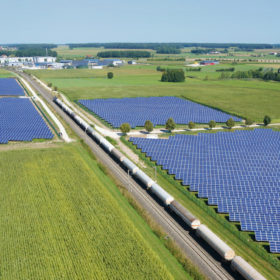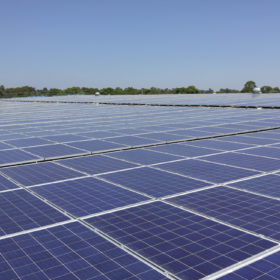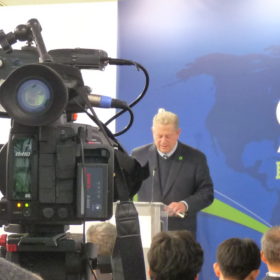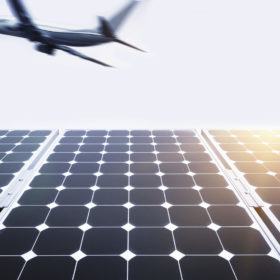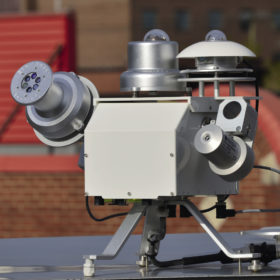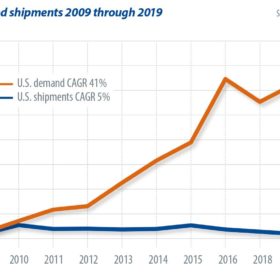Enormous solar PV success with 20 years of EEG
Twenty years of EEG: For many, this is a reason to celebrate; for opponents, a reason to curse. Regardless of your assessment, the success of the EEG in establishing solar photovoltaics as a key energy source is tremendous and will change the world for the better. Solar power is already cheaper than all other energy forms and is available on a mass scale.
Wafer size transition in the midst of Covid-19
As the Covid-19 pandemic takes the world by storm, global supply chain operations remain disrupted, and solar exhibitions that were held in the first quarter of the year saw fewer manufacturers displaying their latest products.
Is it the end of the oil era?
Volatility in the oil markets has played out in the news recently, driven by the Covid-driven collapse in demand and a war for market share between Saudi Arabia and Russia. A G20 meeting is to be held to try and find a way to cut production. As states and the oil majors look to shore up the price though, it’s possible that the coronavirus crisis might be what topples the fundamental driver of the current economic order.
Coronavirus: An ill wind for corporate PPAs?
The unforeseen arrival of COVID-19 has brought many negotiations for corporate power purchase agreements to an abrupt halt in Europe, but this may not be all bad news for the sector write Daniel Marhewka, Lis Blunsdon and David Haverbeke, energy specialists at European law firm, Fieldfisher.
Could Covid-19 be the catalyst for change where the COP process has stalled?
While the world’s climate negotiators dither, the post Covid-19 world could see their efforts overtaken – but only if policymakers are bold enough to take the opportunity to offer truly green fiscal stimulus packages to get us through the crisis. Felicia Jackson, from the center for sustainable finance of the School of Oriental and African Studies at the University of London, gives her thoughts here.
Perovskite technology – beyond efficiency records
Technological innovation in PV is taking place in the context of extreme price competition among solar manufacturers, writes Karl Melkonyan, senior analyst for solar demand at IHS Markit. This, he argues, explains the focus on lowering manufacturing costs, increasing efficiencies, and reducing losses at all stages of the manufacturing process.
The sky’s the limit: How solar and storage can set a post-Covid-19 example
The airline industry has been among the hardest hit by the Covid-19 pandemic; carriers are in ‘freefall’ as Glen Peters, research director at the Center for International Climate and Environment Research in Oslo recently wrote, with governments mulling stimulus packages for airline bailouts. How we react to the coronavirus outbreak is crucial for society as a whole and the solar and energy storage industries can lead the charge in rewriting the status quo.
How performance warranties protect revenues
Contracts to build solar PV plants usually contain a performance warranty to ensure that the owner receives an asset that delivers the agreed-upon minimum performance level. But can warranties and assessment methodologies guarantee that plant performance is being correctly assessed? The answer is not entirely straightforward, writes Felipe Canto Teixeira, a partner at Everoze.
Human rights risks threaten battery supply chains’ sustainability – now is the time to act
The battery and renewable energy industries are facing increased scrutiny for their human rights impacts. In December, U.S.-based technology and electric vehicle companies were named in the first lawsuit seeking to hold downstream companies responsible for allegedly aiding and abetting child labour in cobalt extraction in the Democratic Republic of the Congo (https://bit.ly/2UgQPgZ). Energy storage technology, such as batteries, is increasingly developed alongside solar and wind-powered electricity generation. This means the battery industry’s material risks are now of direct concern to a broader group of companies involved in the global transition to a low carbon economy.
US boom in the shadow of a black swan
Supply-chain constraints related to China’s coronavirus outbreak could weigh on the performance of the U.S. solar market in 2020, writes SPV Market Research’s Paula Mints.
